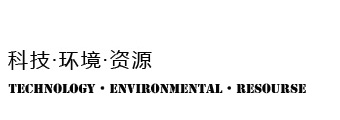India’s e-waste recycled still has a long way to go
India – The Electronics Industry Association of India ELCINA announced the findings of their study on status and potential of e-waste management in India, conducted with support from DSIR (Department of Scientific and Industrial Research), Ministry of Science and Technology under their Technology Management Programme.
In view of the growing menace of e-waste generation and large scale involvement of unorganized sector in processing the e-waste in an environmentally unsound and occupationally hazardous manner, the study strongly recommends urgent technological innovation and market intervention in tackling the problem.
IMRBs earlier survey of 2007 which is used as a base for e-waste quantities generated, reveals that e-waste is growing at a rate of around 10% annually and is likely to touch 4,34,000 Metric Tonnes in 2009. It is likely to grow even more as most electronic goods like televisions, mobile phones etc., are experiencing high growth rates and even faster replacement cycles as consumers outgrow older models due to rapid technological obsolescence in this sector.
Despite such high generation level of e-waste, participation of organized players in e-waste recycling is insignificant. Over 95% of the e-waste is segregated, dismantled and recycled in the unorganized sector based in urban slums around Delhi, Mumbai, Kolkata, Bangalore and Chennai.
It is commonplace to find crude dismantling operations using tools like hammer, chisel, screw driver including open burning of wires to extract precious metal like copper, gold, platinum, silver, etc. Some of the processes involve soaking of circuit boards in open acid bath followed by manual scrapping to extract copper and precious materials with the residue thrown into open drains. Such unchecked activities carried out without proper protection to workers is hazardous not only to labour involved but also to environment. In addition, the country loses out on precious metal recovery as unorganized sector is able to recover only 25% of metal as against possible efficiencies of over 95-99% in organized sector.
The study establishes that current operations of formal recycling companies in India are limited only to pre-processing of the e-waste material where the crushed e-waste with precious metals is sent to smelting refineries outside India. Analysis of state-of-art technologies in vogue across the world indicates that formal sector in India still has a long way to go in adopting international standards.







Leave a Comment